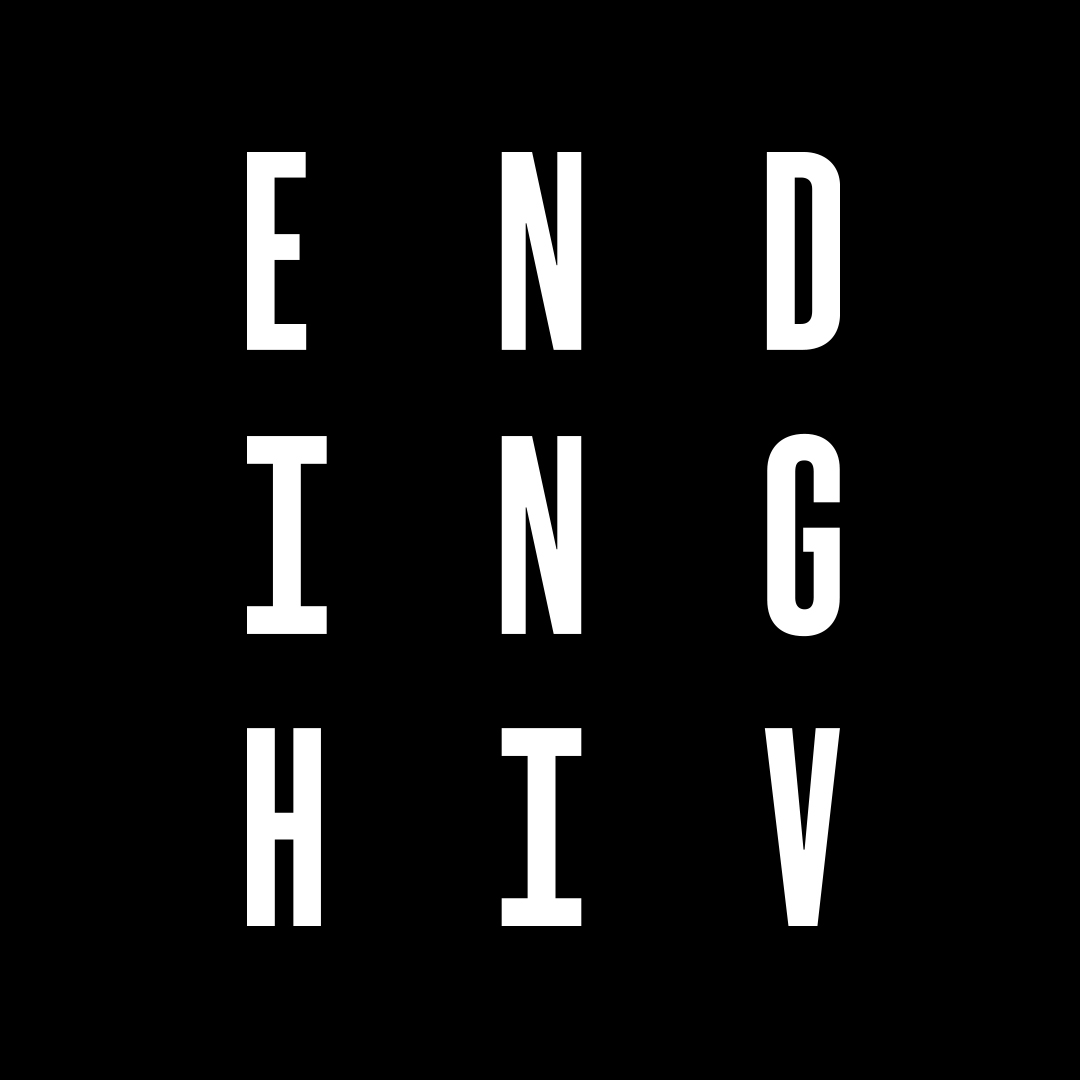5 Symptoms Of Genital Herpes In Men
Genital herpes is a STI caused by the herpes simplex virus (HSV). It’s the same virus that causes cold sores. But unlike cold sores, herpes has a pretty bad rep, even though it’s one of the most common STIs in Australia.
There are two types of the virus that can cause genital herpes:
- The herpes simplex virus type 1 (HSV-1), commonly known as oral herpes that cause cold sores
- The herpes simplex virus type 2 (HSV-2), commonly known as genital herpes
Both types of herpes are passed on through physical contact like kissing, oral sex and anal sex. Physical contact can transmit oral herpes to someone’s genitals resulting in genital herpes and vice versa.
Whether you test positive for herpes, or just think you might be experiencing some of the symptoms it’s important to remember just how common herpes is and that it’s nothing to be ashamed of. In this article, we explore the common symptoms of herpes in men.
What are the symptoms of herpes in men?
1. No symptoms of herpes at all
The most common symptoms of herpes in men are… no symptoms at all! In fact, 1 in 8 people in Australia have genital herpes but many will spend their lives not knowing.
On the rare occasion that symptoms are present, they will likely begin 2 to 12 days after being exposed to the virus.
After an herpes outbreak, the virus remains dormant in your body which means that you’ll always have it – even if there are no visible signs or symptoms.
2. Lumps and bumps
If you do have visible symptoms of herpes, they’re often very mild and can be mistaken for things like ingrown hairs or spots. Herpes lumps and bumps could look like sores, red bumps, white blisters, or scabs.
Herpes is passed on via skin-to-skin contact so symptoms in men will usually appear on the butt-cheeks, thighs, around the anus, in/around the mouth, in the urethra (penis or front hole) or scrotum areas.
3. Aches and fever
Some people may experience flu-like symptoms such as aches and fever although this is less likely than visible sores (and – of course – no symptoms at all). You could also experience swollen lymph nodes. These flu-like symptoms are more common in the first outbreak of Herpes.
4. Itching or pain
If you do have visible sores these might be accompanied by pain, itching or general tenderness until the infection clears. Keep an eye out for any tingling sensations too as an early warning sign. If things do start to itch, try not to scratch as it’ll make it worse!
5. Pain when peeing
If your lumps and bumps turn into ulcers they might cause you some pain when urinating. Some of these sores might be hidden inside the urethra. You might find it difficult to take a pee too.
What should I do if symptoms of herpes appear?
If you’re concerned about herpes the first thing to do is: DON’T PANIC. Herpes has an entirely unjustifiable amount of stigma attached to it. As we’ve said before: It’s important to remember just how common herpes is and that it’s nothing to be ashamed of. In any case, seeing a doctor about any symptoms is always the first point of call.
Although herpes can’t be cured, a doctor can prescribe you treatments that will reduce symptoms and speed up your recovery. They will also be able to provide advice on how to manage any future herpes flare-ups.
There are anti-viral medications that can help reduce symptoms and you can reduce the risk of infecting others even further by ensuring you avoid having sex during an active outbreak.
If you have any questions about herpes and are in NSW then you can call the NSW Sexual Health Infolink on 1800 451 624 to speak to a sexual health nurse.
On PrEP? It’s important to remember that PrEP doesn’t protect you from STIs other than HIV. To help protect against herpes and other STIs use condoms for oral and anal sex, dental dams for rimming, and gloves for arse play.
